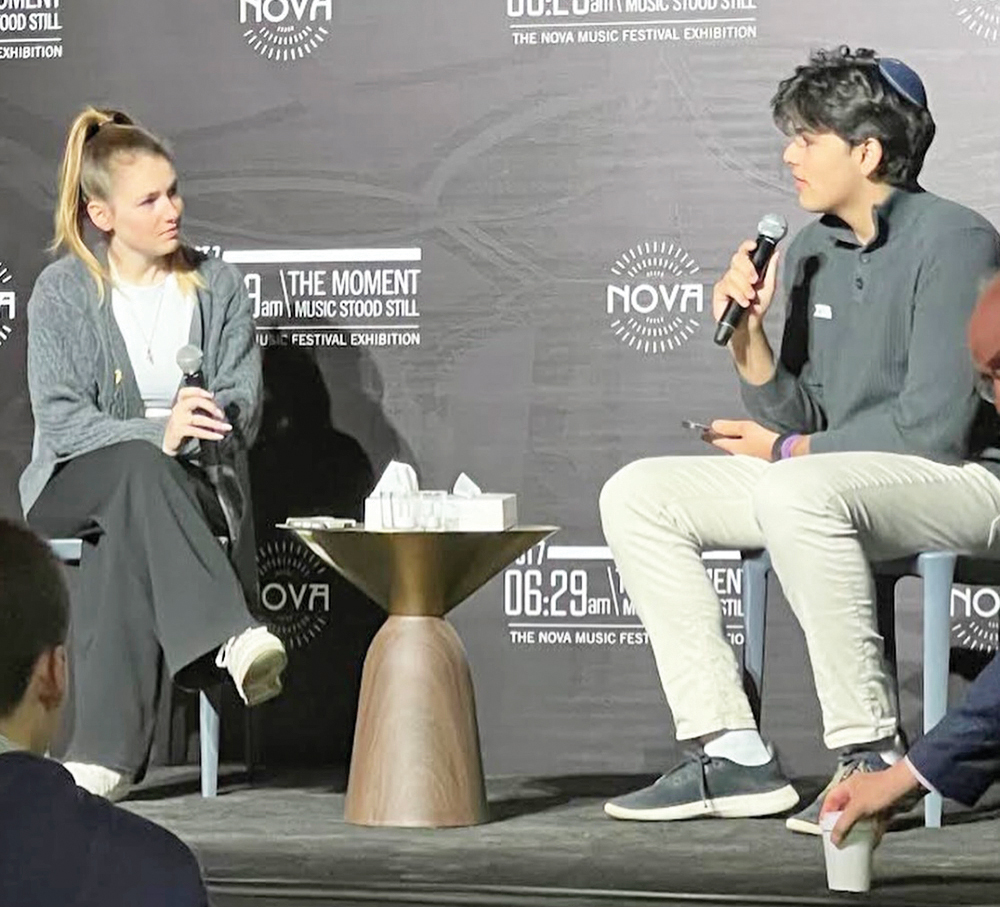
One of the more common questions and conversations that come up with regard to a refinance loan is the ability to “skip a mortgage payment”. There is a widespread notion that upon refinance of a mortgage it is possible that a person can skip the last mortgage payment on their previous loan that is being paid off. I have often heard that certain banks and loan officers actually present that scenario to their applicants as part of a refinance analysis (ie: “sale”).
Fact, Fiction or Fable
To understand whether this is fact, fiction or fable we should first understand the concept of an actual “mortgage payment”. In general, a standard mortgage payment is under a self-amortizing repayment schedule; which means the loan payment is a constant number that includes principal and interest portions over the life of the loan. It also means that when paid according to the payment schedule, it will repay the entire principal of the loan, as well as all of the interest payments at the end of the loan-term.
Breaking Down the Payment
As an example, on a $350,000 mortgage that is fixed for 30 years with a rate of 3.75% – the payment will be set at $1,620.90 for 360 months. The self-amortizing aspect of it however means that with every payment of $1,620.90, the amount of principal and the amount of interest will actually change every single payment even though the actual mortgage payment remains steady. In this example, the first payment will consist of $527.15 of principal, and $1,093.75 of interest. The second payment will be based on a lower principal balance therefore the same $1,620.90 payment will pay off $528.80 of principal and $1092.10 of interest; and so on.
Principal vs Interest
It is because of this repayment schedule that most homeowners know that their mortgage payments are comprised mostly of interest during the early years of their loan. As an aside, this also means that towards the latter portion of your loan, you might be paying mostly principal – and a refinance might be very lucrative both from a payment perspective, as well as tax-deductibility benefits. Similarly, not to state the obvious, but when a person pays “extra” on their mortgage payment – assuming there are no past-due balances or outstanding fees, customarily the extra payment would be applied directly towards the principal of the loan.
Extra payments
People are often surprised to learn that there is no “immediate benefit” when it comes to making an extra payment towards principal. Rather, based on the premise above, when a person pays that extra principal, the payment does go towards reducing the loan balance immediately; however, because the payments are fixed over the term of the loan, the payments continue to remain exactly the same, and the only benefit is that balance is paid off sooner, resulting in a shorter duration of loan. To use the same example from above, if the homeowner would pay $1,700 monthly (instead of the required $1,620.90) the loan would actually payoff 60 months earlier, thereby saving approximately $22,000 in interest payments.
The Bottom Line
Finally, another key concept of a mortgage-payment is that all interest is paid in arrears (ie: retroactively). This means, when a person gets their monthly mortgage statement showing that a payment is due on December 1st, for example, that payment is for the November interest that was incurred. With that understanding, we can now understand why people think they are skipping a mortgage payment when they refinance. Conceptually, if a person were to refinance their loan on December 10th, the old bank would include the interest “due” for December in the “payoff demand” and therefore the homeowner would in fact not be required to physically write a check for the payment for that month. Interestingly, in this case, it is very possible that the borrower would not need to physically make their first payment on the new mortgage until February 1st – thereby “skipping” two months of payments. The reality is that interest is due every day that a loan is outstanding regardless of how it is being paid. When it comes to dealing with banks, there is nothing free-of-charge. PS, out of principal (pun-intended) I will not give a shout out to Aliza Rothberg who refuses to read my article yet asks for a shout out each week.
By Shmuel Shayowitz
Shmuel Shayowitz (NMLS#19871) is President and Chief Lending Officer at Approved Funding, a privately held local mortgage banker and direct lender. Approved Funding is a mortgage company offering competitive interest rates as well specialty niche programs on all types of Residential and Commercial properties. Shmuel has over 20 years of industry experience including licenses and certifications as certified mortgage underwriter, residential review appraiser, licensed real estate agent, and direct FHA specialized underwriter. He can be reached via email at [email protected]













